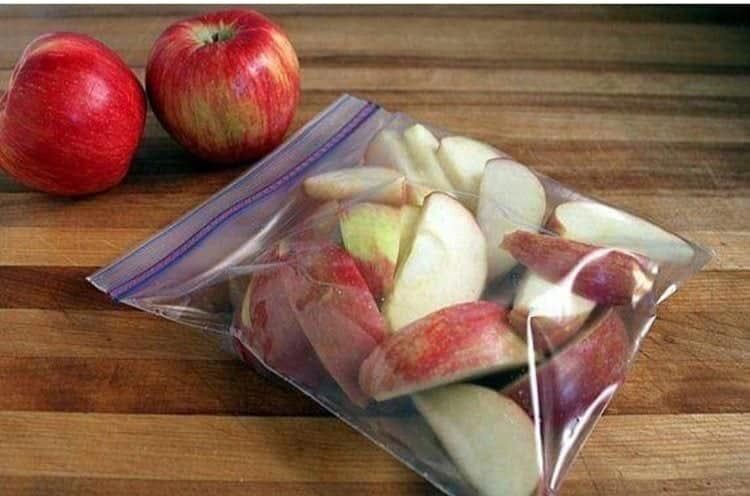Introduction
Groceries are a significant part of every household budget, and nothing feels worse than throwing away spoiled food. With proper planning, storage, and a few clever tricks, you can stretch the life of your groceries, reduce waste, and save money. These 10 tips will help you maximize freshness and keep your pantry, fridge, and freezer working efficiently.
Origin
The concept of extending food’s shelf life is as old as civilization itself. From ancient methods like salting, smoking, and fermenting, to modern refrigeration and vacuum sealing, people across cultures have always sought ways to preserve food for longer periods. Today, with rising food costs and a growing awareness of sustainability, smart storage techniques are more important than ever.
Cultural Significance
Making groceries last longer is not just about saving money—it reflects respect for food, mindful living, and environmental responsibility. In many cultures, especially where food scarcity has historically been a challenge, practices like fermenting, drying, and pickling remain a cherished tradition. Embracing these values encourages a deeper connection with the food we eat and the effort behind producing it.
10 Tips for Making Groceries Last Longer
- Store herbs like flowers: Trim stems, place in a jar of water, and cover with a plastic bag in the fridge.
- Wrap greens in paper towels: This absorbs excess moisture and prevents sliminess.
- Use airtight containers: Transfer cereals, nuts, and snacks into sealed containers to keep them fresh.
- Freeze smartly: Portion meats, bread, and fruit before freezing so you only thaw what you need.
- Keep apples and bananas apart: Apples release ethylene gas, which speeds ripening of other produce.
- Use glass jars for leftovers: They keep food fresher than plastic and reduce odor absorption.
- Label and rotate: Always use the oldest items first (FIFO: First In, First Out).
- Store onions and potatoes separately: Together, they spoil faster—keep them in cool, dark places apart.
- Revive wilted veggies: Soak carrots, celery, or lettuce in ice water to restore crispness.
- Don’t wash berries before storing: Wait until just before eating, as moisture accelerates mold growth.
Optional Additions
- Invest in vacuum-seal bags for bulk food.
- Use silicone food savers or beeswax wraps instead of plastic wrap.
- Add a paper towel to salad containers to extend freshness.
- Store cheese in wax paper, not plastic, to avoid sweating.
Tips for Success
- Check your pantry and fridge weekly to prevent forgotten items.
- Buy smaller amounts of perishable items more often.
- Understand produce “zones” in your fridge (crisper drawers vs. shelves).
- Separate foods that produce ethylene (bananas, apples, avocados) from sensitive ones (greens, berries).
- Freeze leftovers instead of letting them sit in the fridge for days.
Instructions (Step-by-Step Practice)
- Start by cleaning and organizing your fridge and pantry.
- Group items by type (dairy, produce, grains, proteins).
- Apply the storage methods above as soon as you bring groceries home.
- Label containers with dates for easy tracking.
- Review your stock weekly and adjust shopping habits accordingly.
Description
By following these tips, your groceries will stay fresher, taste better, and last significantly longer. Crisp greens, juicy fruits, and well-preserved proteins reduce food waste while saving you both time and money.
Nutritional Information (General Benefit)
While exact nutritional breakdown varies, extending food freshness preserves:
- Vitamins (C, B-complex, A) that degrade quickly in spoiled produce.
- Antioxidants like lycopene in tomatoes and anthocyanins in berries.
- Protein quality in meats and dairy when stored properly.
- Fiber in vegetables when crispness is maintained.
Conclusion
Food preservation doesn’t require complex tools—just a few mindful habits. With smart storage, organization, and awareness of how different foods behave, you can dramatically cut down on waste and enjoy fresher meals every day.
Recommendation
Adopt these practices gradually. Start with the ones that fit your lifestyle best—such as freezing in portions or storing herbs like flowers—and build from there. Over time, they’ll become second nature, saving money and supporting sustainability.
Embracing Healthful Indulgence
Making groceries last longer isn’t just about stretching your budget—it’s about valuing the food that nourishes you. Each step you take reduces waste, honors the effort behind farming and production, and ensures that you can indulge in fresh, wholesome meals longer. In this way, food preservation becomes both a healthful and mindful indulgence.
